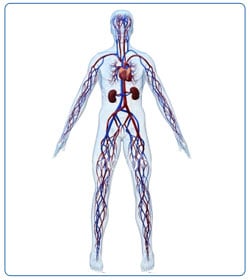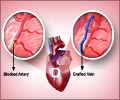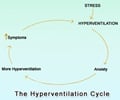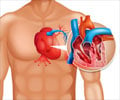- Angina (Chest Pain) - (https://www.heart.org/en/health-topics/heart-attack/angina-chest-pain )
Chest Pain - Angina
Angina is chest pain that is the result of coronary artery disease caused by blockages in the arteries that supply the heart.
Angina can cause discomfort during activities such as walking, exercising, cleaning or climbing stairs. The pain may radiate to the neck and arms and may cause sweating or breathlessness. If the pain is mild it may go away after a while. Severe form of angina can be treated with nitroglycerine.
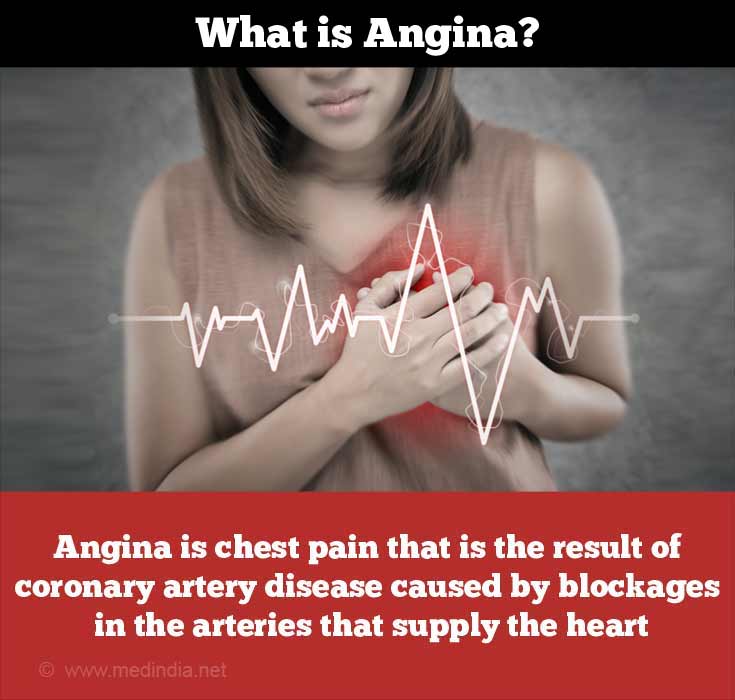
In some people the angina arrives while exerting at a certain level of activity and subsides once the activity is over. This is called stable angina. But when there are a lot of variations in the arrival of the pain and its going away, it is referred to as unstable angina. This variety is more dangerous.
Angina in a resting person, sudden or frequent episodes of angina with little exertion and angina that does not go away require immediate medical attention.
The doctor may check if the following risk factors are present:
The doctor usually asks for an ECG and a
Very often angina-related heart disease is controlled with medicines such as beta blockers, nitrates and calcium channel blockers. Sometimes the condition may have to be rectified surgically through methods such as angioplasty or by-pass surgery. This is something that the cardiologist (heart doctor) will help to decide.
Heart diseases are mostly preventable by monitoring and controlling the risk factors.(4✔ ✔Trusted Source
Angina (Chest Pain)
Go to source)


